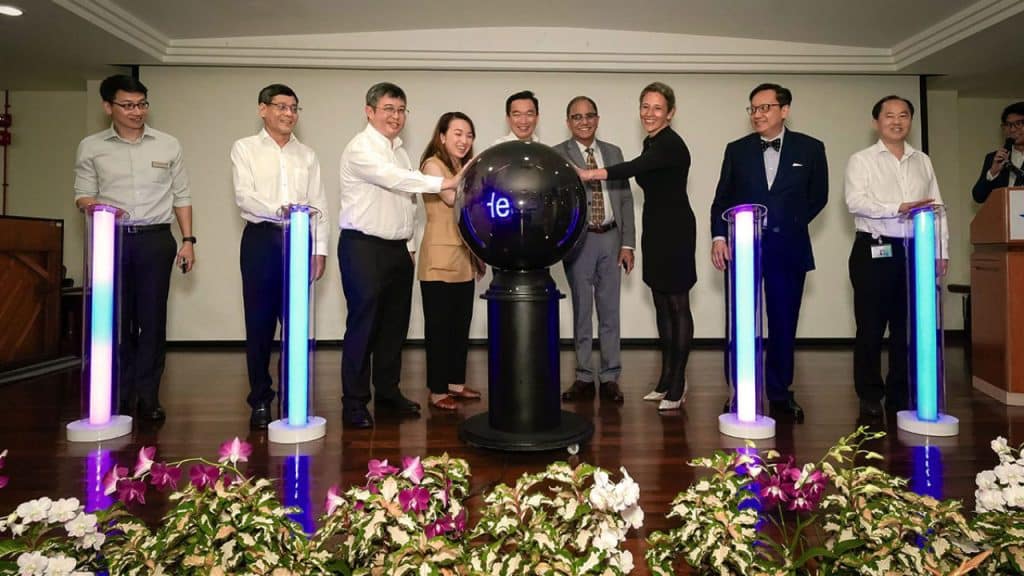Longevity science might be an expanding field, but that doesn’t make it accessible to everyone. New drugs and technologies are expensive, while clinical trials are limited in scope. In Singapore, however, they’re taking steps to bring this kind of medicine to the general public. Welcome to Alexandra Hospital’s Healthy Longevity Clinic (https://longevity.technology/news/alexandra-hospital-opens-worlds-first-healthy-longevity-clinic-in-a-public-hospital/).
Singapore is a wealthy country and its citizens enjoy a good quality of life, including one of the highest average life expectancies in the world. It also has a low fertility rate, meaning older people form a significant and growing proportion of the population. This means that the healthcare system needs to be prepared to deal with aging.
The Healthy Longevity Clinic is a good start. It’s the first time a specialized longevity facility like this has been based in a public hospital. There’s a lot of expertise behind the clinic, which is part of the National University Health System’s Centre for Healthy Longevity. Staff include doctors, nurses, dieticians, exercise physiologists and even health coaches.
At the head of it all is Professor Andrea Maier, the Founding President of the Healthy Longevity Medicine Society. On top of her specialty in internal medicine, she has researched extensively in the world of human longevity and age-related disease. The clinic itself is run by Clinical Director and Clinical Assistant Professor Laureen Wang.
Part of what will hopefully make the clinic successful is its comprehensive approach. Attendees will receive a thorough assessment when they first arrive, evaluating biological, clinical and digital biomarkers, all with an awareness of how these biomarkers apply to the demographics of Singapore specifically. This data will then be used to construct a personal care plan tailored to the individual’s unique situation.
This isn’t some cheap, basic offering. The clinic will use all the most advanced technologies and approaches, including AI as well as epigenetics. Telemonitoring and digital health tools will be used to allow for continuous care, with repeat assessments available at six, 12 and 24 months for any follow-up needs. The clinic is situated within the larger hospital, so it will also be easy to connect patients to other services and support if necessary, including referrals to other specialists for specific conditions.
If this public health approach to longevity is successful, the hope is that the average Singaporean may see a 3-year increase in their lifespan.




